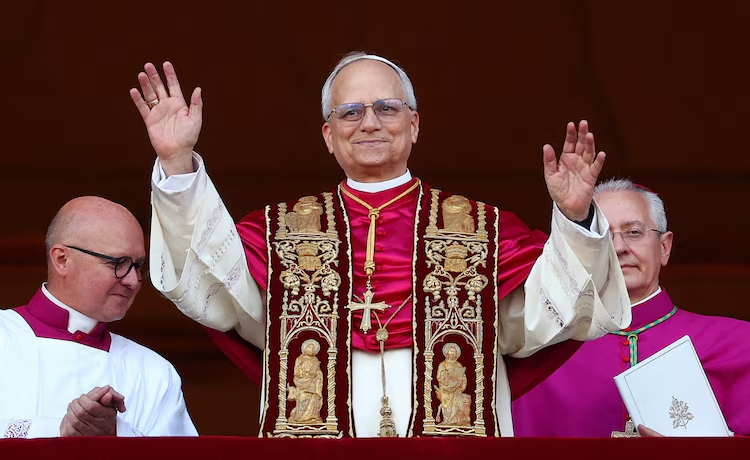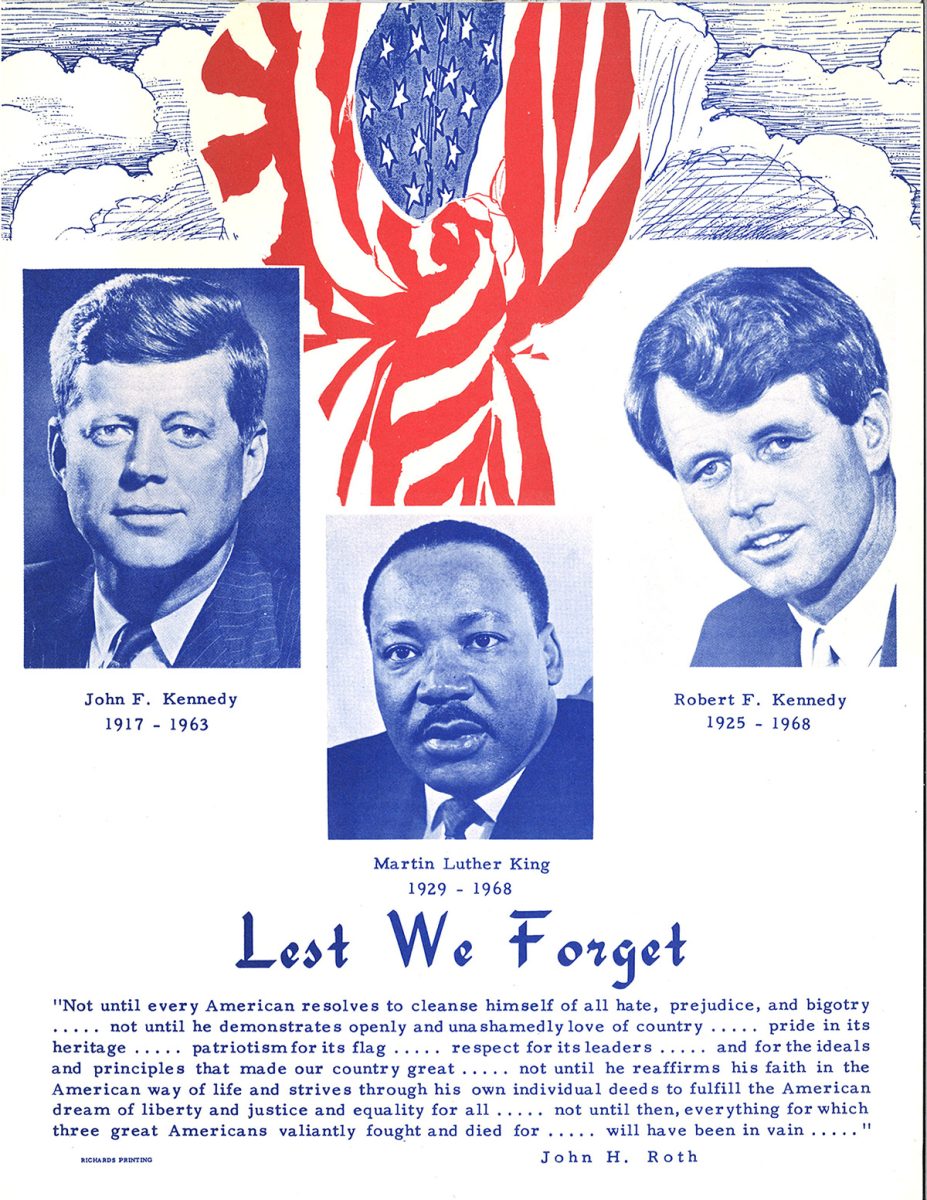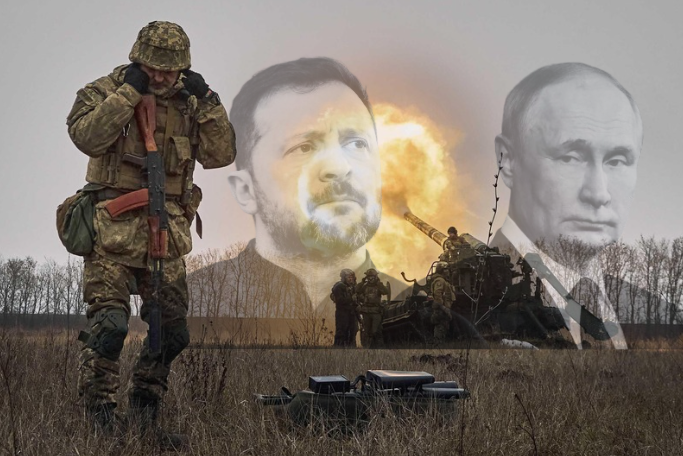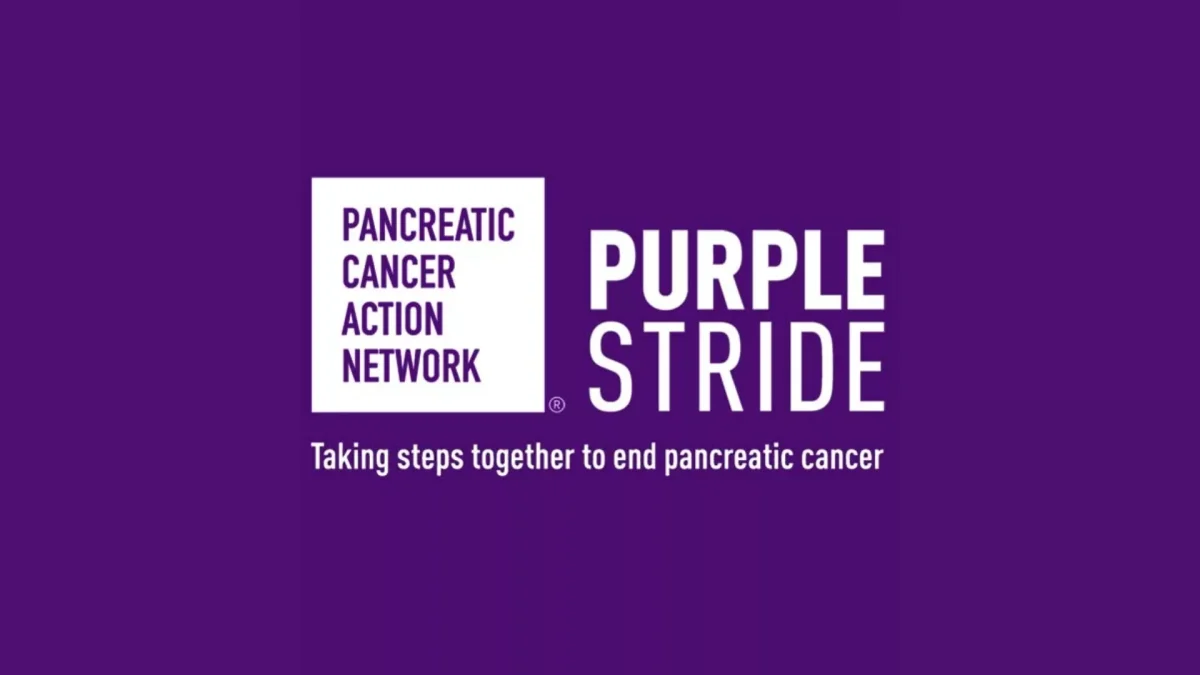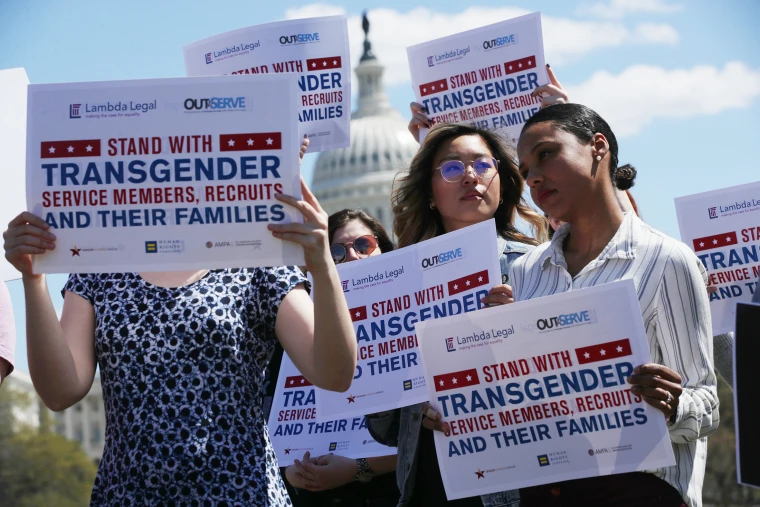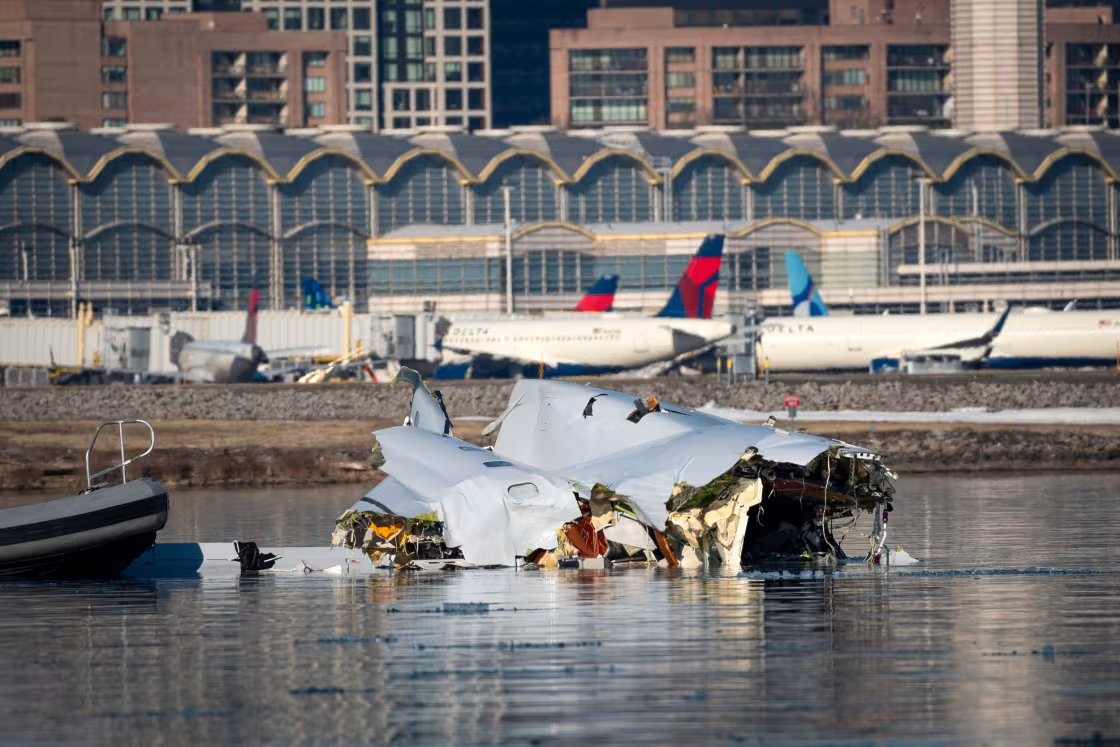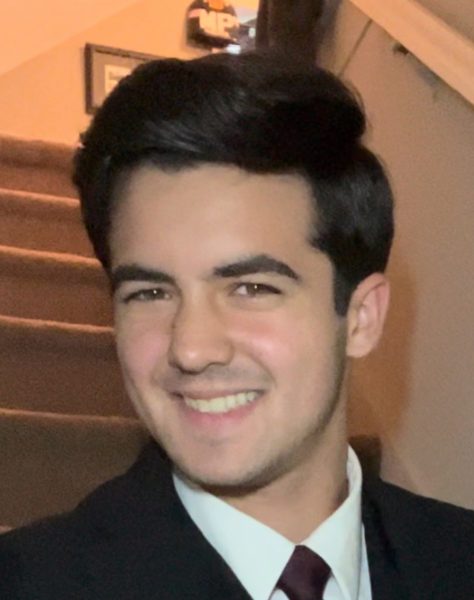Following the death of Pope Francis on Easter Monday, April 21st, 2025, Catholics and people all around the world mourned the passing of the holy and compassionate pope. Over the course of his papacy, he appointed 108 of the 135 cardinals who were eligible to vote in the conclave (meaning they are under 80 years of age), a whopping 80% of the cardinals. This almost certainly led to the Church being rather unified, and, in a surprisingly quick turnaround, the conclave elected the 267th Pope in a matter of two days. On May 8th, 2025, white smoke rose from the chimney of the Sistine Chapel, as it was announced that Pope Leo XIV would succeed Francis.
Pope Leo XIV, much like Francis, made history as he is the first American (from the United States) to ever become Pope, something that virtually nobody anticipated. Leo XIV is his papal, chosen name; his birth name is Robert Francis Prevost. Born September 14, 1955, in Chicago, Illinois, he grew up as any normal Catholic child, going to Catholic school with regular folks, and developed a love for theology.

He went to Villanova University, focusing his studies in Catholic Theology, and pursuing ranks through the Catholic Church. In the early 2010s, he also became a dual citizen of the Latin American country of Peru, where he did missionary trips and lived for many years.
Leo XIV was a completely unexpected candidate, as there were countless other candidates for the papacy who were considered. Many notable names of cardinals who were seen as ‘Papabili,’ or likely to become Pope, included but were not limited to: Italian Cardinal Pietro Parolin, the Vatican’s Secretary of State; Cardinal Péter Erdő, archbishop of Budapest, Hungary; Cardinal Luis Tagle of the Philippines; Italian Cardinal Pierbattista Pizzaballa, Latin Patriarch of Jerusalem; Cardinal Matteo Zuppi, Archbishop of Bologna, Italy, among countless others.
However, when it comes to the conclave and election of the next person to sit on the throne of Saint Peter, you can truly never tell who will be chosen. There is even a famous saying, “He who enters the conclave as pope, leaves it as a cardinal,” signifying the high unpredictability of the conclave and how, oftentimes, those who are most anticipated to receive the papacy do not get it.
As the first American Pope in over 2,000 years of this ancient institution, Pope Leo XIV has achieved a remarkable footnote in the history of the Roman Catholic Church, much like his predecessor, Pope Francis, who was the first Latin-American Pope, as he was born in Buenos Aires, Argentina.
Pope Francis was largely viewed as a progressive in the Church, and has some mixed views on his legacy. However, for the most part, Francis is largely viewed positively by Catholics on the political spectrum, as the political spectrum of today’s Western world is difficult to translate onto an institution that precedes it by well over a thousand years.
In other words, many wonder what the political beliefs of Pope Leo XIV will be following the primarily progressive moves that Pope Francis instituted in the Catholic Church. Many might confuse these beliefs with liberalism and conservatism, for instance, but it is important to note that, like translating American political terminology to European politics, it simply does not translate clearly into the ‘politics’ of the Roman Catholic Church. This is only exacerbated by the fact that even the political terms ‘left’ and ‘right’ (which we use all the time in the modern day) were coined roughly 1,700 years after the foundation of the Catholic Church.
Nevertheless, people still wonder what Pope Leo XIV will be like as the pope following Francis. Papal candidates like Hungarian Cardinal, Péter Erdő, or African Cardinal, Fridolin Ambongo Besungu of the Democratic Republic of the Congo, were seen as traditionalist and conservative, and likely would have attempted to revert the Catholic Church to a more traditional view, much like Pope Benedict XVI was before Francis. Whereas Cardinals like Vatican Secretary of State, Pietro Parolin, or Luis Tagle of the Philippines were seen as more progressive and would have continued, if not further, the policies endorsed by Pope Francis.
The beginning of the Conclave on May 7, 2025 left the world wondering who would become the next pope of the Catholic Church, the largest religious institution in the world. Conclaves are incredibly unique electoral processes, as over one hundred cardinals under the age of 80 lock themselves inside the Sistine Chapel and have contact cut off from the outside world. In complete isolation, they typically vote four times a day until a person receives a ⅔rds majority, which makes them the next Pope. If a ⅔ majority is not reached, the ballots are burned with a chemical to create black smoke, signalling that a Pope has not been chosen. If a ⅔ majority is reached, they will burn the ballots with a chemical to produce white smoke out of the chimney of the Sistine Chapel, notifying the world that a Pope has been decided, shortly thereafter, is revealed to the public.
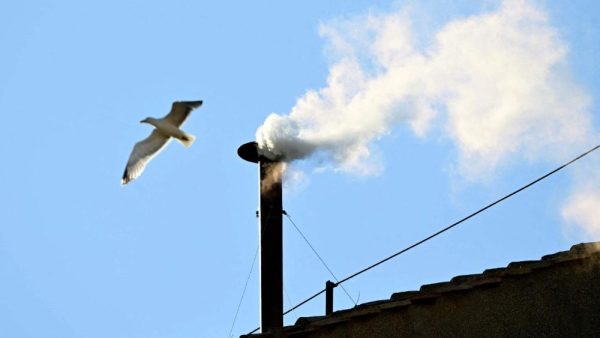
On May 8, 2025, a shockingly quick turnaround that shows the unity of the Catholic Church, white smoke rose out of the chimney of the Sistine Chapel, and Cardinal Robert Francis Prevost of the United States was declared Pope Leo XIV.
Pope Leo XIV is seen as a diplomatic pope, meaning he is someone who will focus on international relations, Church-state diplomacy, and managing global influence; they are often skilled in negotiating. Whereas, Pope Francis was seen as a pastoral pope, who focused more on being spiritual shepherds to the faithful, emphasizing care, evangelization, and personal connection with the people. Like a pendulum and in other political realms, the Catholic Church usually alternates between diplomatic and pastoral popes.
Pope Leo XIV, although we do not yet know his stances concretely, is seen as a very moderate pick, a healthy choice for the Church. He shares many progressive views with Pope Francis. Pope Leo XIV has even solidified his stance as a diplomatic Pope as he recently spoke about the Russo-Ukrainian and Israel-Hamas Wars, wishing to see the ceasefires and end of both conflicts during his first Sunday blessing on May 11, 2025, from the Loggia of St. Peter’s Basilica.
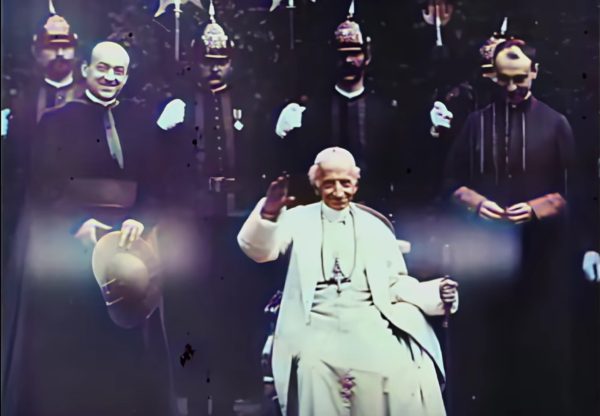
However, his choice of regnal name of Leo brings us back to Pope Leo XIII, with one of the longest papacies in history. He was a historic Pope in his staunch stances against early Socialism and Communism, while promoting workers’ rights. He also embraced new technologies, being the first Pope ever recorded and the earliest-born man ever to be recorded. In a film, he is seen blessing the camera, a touching sight as he recognized that he will be blessing audiences for centuries to come.
Pope Leo XIV has revealed that part of the reason for his regnal name is the new age of technology and artificial intelligence. As Pope Leo XIII lived through the most impactful part of the industrial revolution, Pope Leo XIV will continue his papacy through an era of ever-growing and sophisticated artificial intelligence and other technologies.
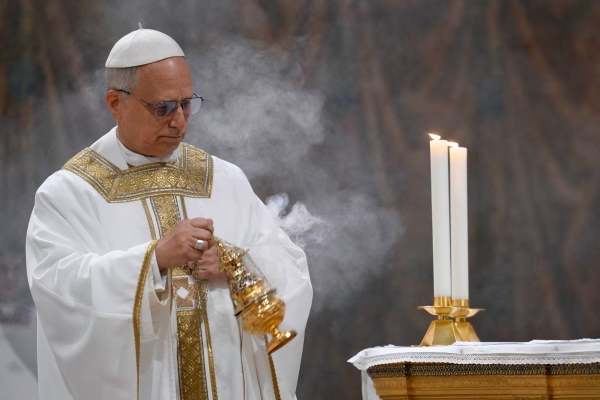
There is still much to learn about the new Pope, Leo XIV. There is still much history to be made, as well. As we enter this new papacy, we can look forward positively as the strong unity of the Catholic Church with a new and compassionate Pope will stay with us for years to come.

